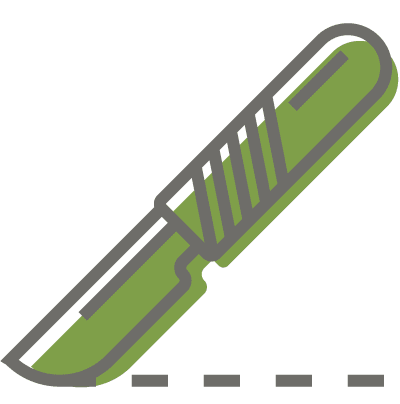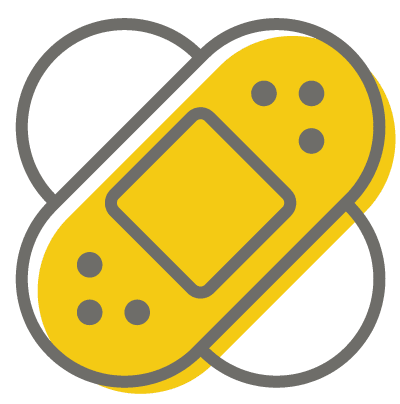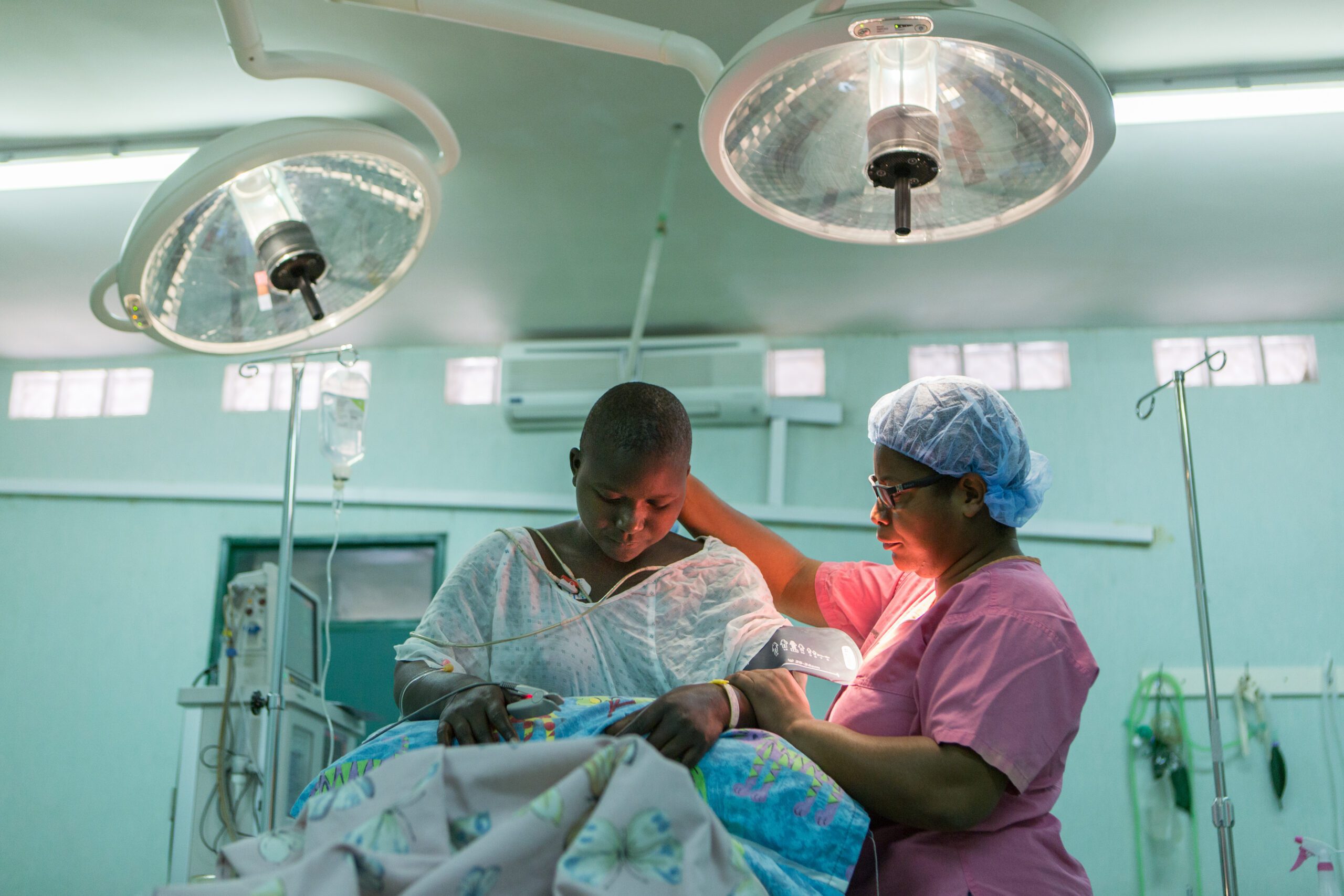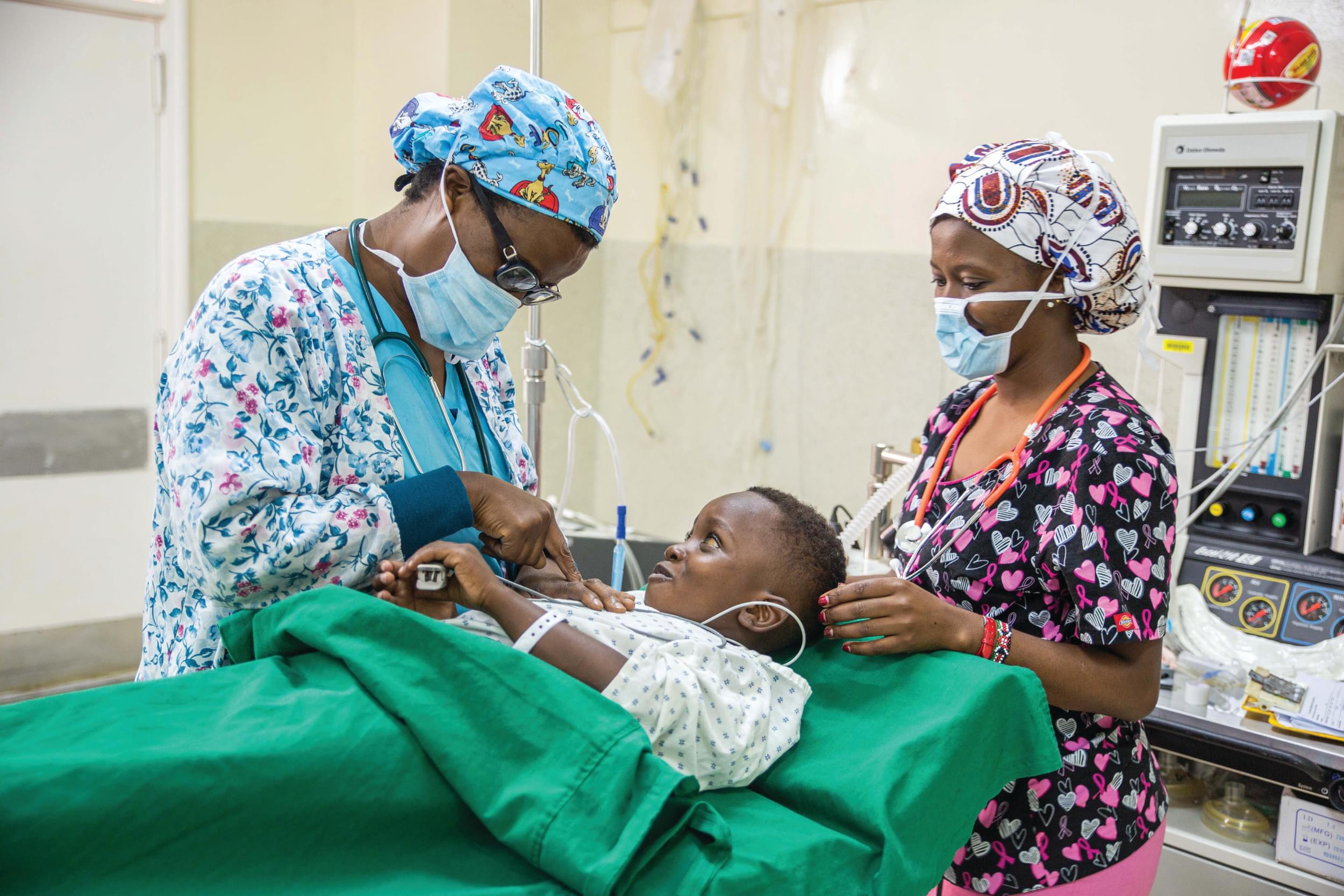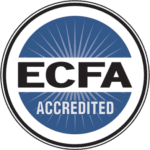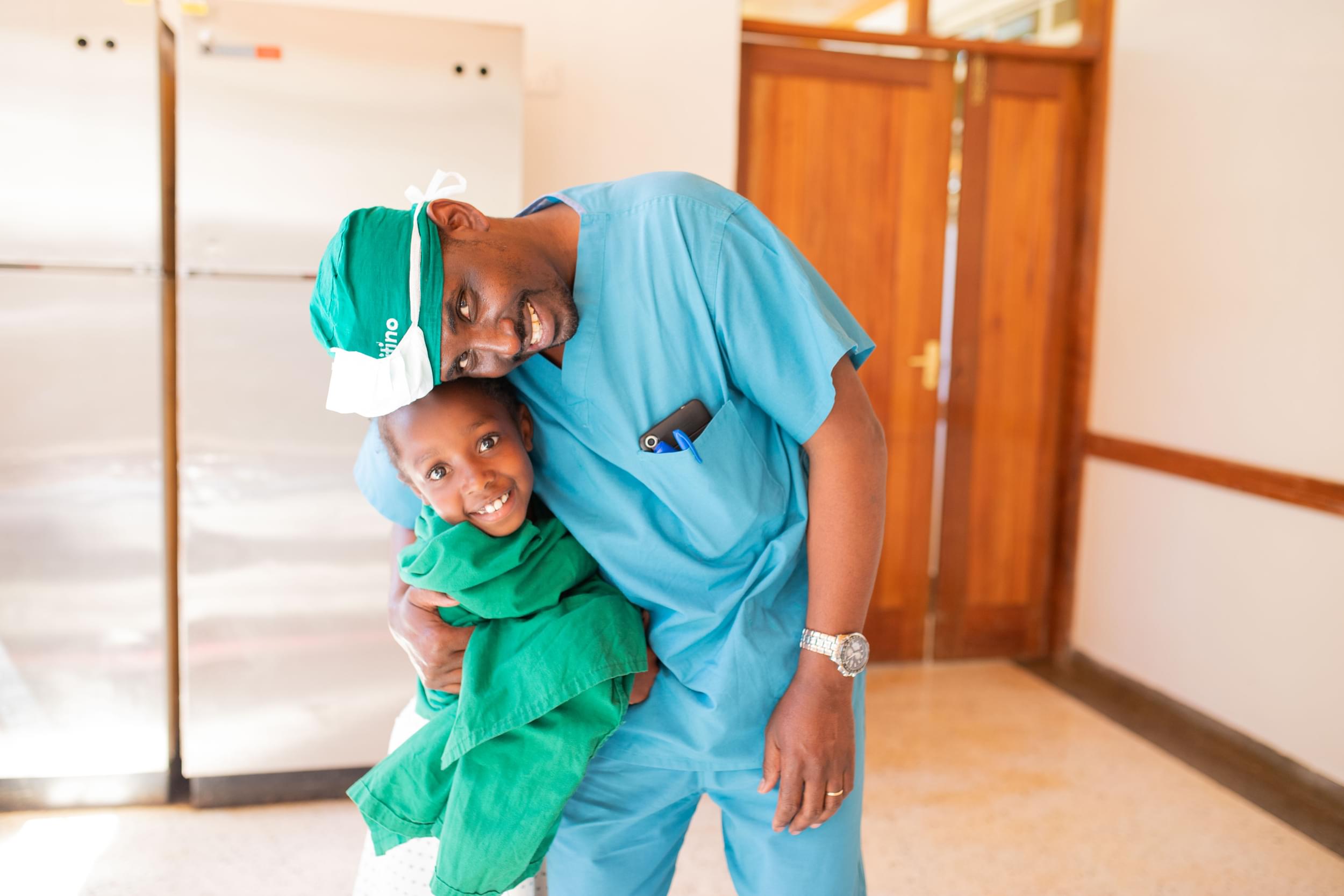Validation and reliability of the Chichewa translation of the EQ-5D quality of life questionnaire in adults with orthopedic injuries in Malawi
Abstract:
Background: The EQ-5D is a standardised instrument that measures health-related quality-of-life and explores cost-effectiveness of treatments. Malawi is a low-resource country that would benefit from assessment of quality-of-life among individuals living with chronic conditions. Chichewa is the official native language of Malawi. The Chichewa version of the EQ-5D-3L developed by EuroQoL group has not been validated with Chichewa speakers. The purpose of this study was to evaluate the clinimetric properties of the Chichewa EQ-5D-3L.
Methods: Patients with orthopaedic conditions were recruited in the outpatient orthopaedic clinics and wards at Queen Elizabeth Central Hospital, Blantyre, Malawi. Fifty-three patients with various musculoskeletal problems were administered the Chichewa EQ-5D-3L and World Health Organization quality of life (WHO-QOL) questionnaires. To assess repeatability, a separate test–retest population of 20 patients were also selected from orthopaedic clinics and wards to fill out the questionnaire twice.
Results: Convergence validity was determined, with each of the WHO-QOL domains and the EQ-5D descriptive index and visual analogue scale (VAS) having good to moderate correlation (r = 0.3–0.7). Internal consistency was measured for the descriptive index, and the Cronbach’s alpha was 0.7. The ceiling effect for the descriptive index and the VAS were 9.4% and 0%, respectively. No respondents reached floor effect for the descriptive index or the VAS. The test retest intraclass correlation coefficient reliability at 14 days was 0.984 for the VAS and 1 for the descriptive index, with all 20 respondents providing the same responses.
Conclusions: The EuroQoL translated version of the Chichewa EQ-5D-3L was found to demonstrate adequate validity, internal consistency, floor/ ceiling effects, and reliability.


